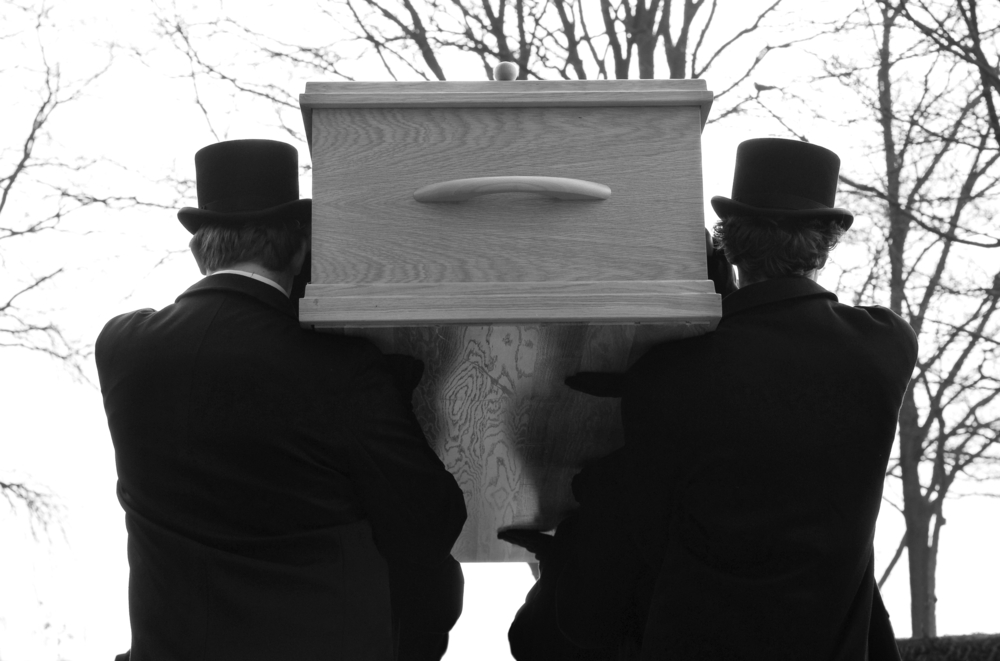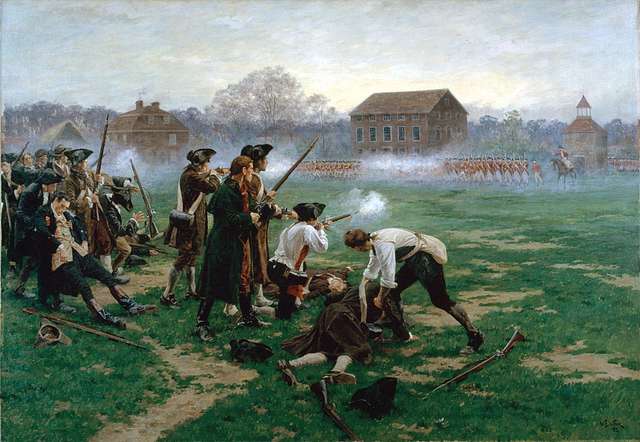The Afghan Experience in Guantánamo
This report presents a detailed investigation into the cases of eight of the longest-serving Afghan detainees in Guantánamo. All are either still incarcerated in Guantánamo or have recently been transferred to the United Arab Emirates where they are believed still to be in some form of detention. Combined, these cases add up to exactly one hundred years of state-imposed detention without trial, under the harshest conditions.
Reading through the United States military and court documents outlining the allegations and evidence against these eight men, one enters a Kafkaesque world of strange, vague accusations, rife with hearsay, secret evidence, bad translations, gross errors of fact and testimony obtained under duress and torture. The tenuous nature of the allegations against the eight men has been further compounded by a shifting legal landscape and state secrecy.
The report finds that the US military has, in none of the eight cases, been able to substantiate its accusations. Military boards, designed to ensure only enemy combatants who were a threat to the US were held, were unable even to clear out the obvious, multiple mistakes from the detainees’ files or recognize the fantastical nature of many accusations. America’s courts have also repeatedly shown themselves unable or unwilling to stand up to the executive. They have failed to question what the government has asserted or protect individuals from the arbitrary power of the state.
Of the eight cases scrutinized, six men were captured in the early years of the intervention when US forces were carrying out mass arbitrary detentions in Afghanistan. It was a time when US forces were desperate for intelligence on the whereabouts of Osama bin Laden. They were also intent on hunting down the ‘remnants’ of the Taleban even though, in terms of fighting forces offering resistance, there were no remnants. They ended up detaining large numbers of innocent Afghans. Many had been falsely denounced, often by Afghan strongmen who used their new US allies to get revenge against personal or factional enemies, or for financial reward.
Pakistan also handed non-combatants over, claiming they were terrorists – and was paid for doing so. The result was that, although some senior Taleban were captured in those early years, almost anyone could end up in Guantánamo. Those detained included opponents of the Taleban, members of the new, post-Taleban establishment, old men, children and at least one Shia Muslim. The six Afghans in this study who were detained in 2002 and 2003, far from being the ‘ worst of the worst ‘ as the Guantánamo detainees have repeatedly been described, are more like flotsam left stranded by the high tide of mass, arbitrary detentions. Two may possibly have been low-level insurgents, although not with al Qaeda; the others look to have been entirely innocent.
The other two men who are part of this study were detained in 2007 and their cases are somewhat different for three main reasons: by 2007, there was an actual insurgency and US intelligence was better, albeit still far from perfect; the US has also revealed far less about the specific allegations and evidence against these two men and; neither has had a chance to defend himself publicly even in the limited ways open to other detainees. One, the last man to be rendered and tortured by the CIA, has been categorized as a ‘high value’ detainee, meaning much of the detail of the allegations against him is classified. Both of these detainees are accused of being facilitators for al Qaeda. However, in neither case has the US put forward evidence to substantiate its claims. Indeed, what can be seen points to the same worrying problems as seen in the first six cases, a reliance on unverified intelligence reports, hearsay and the use of torture.
The impression that none of the eight are ‘big fish ‘ is given weight by the fact that the Taleban did not try to get any of them out in exchange for captured US serviceman, Bowe Bergdahl, in 2014.











